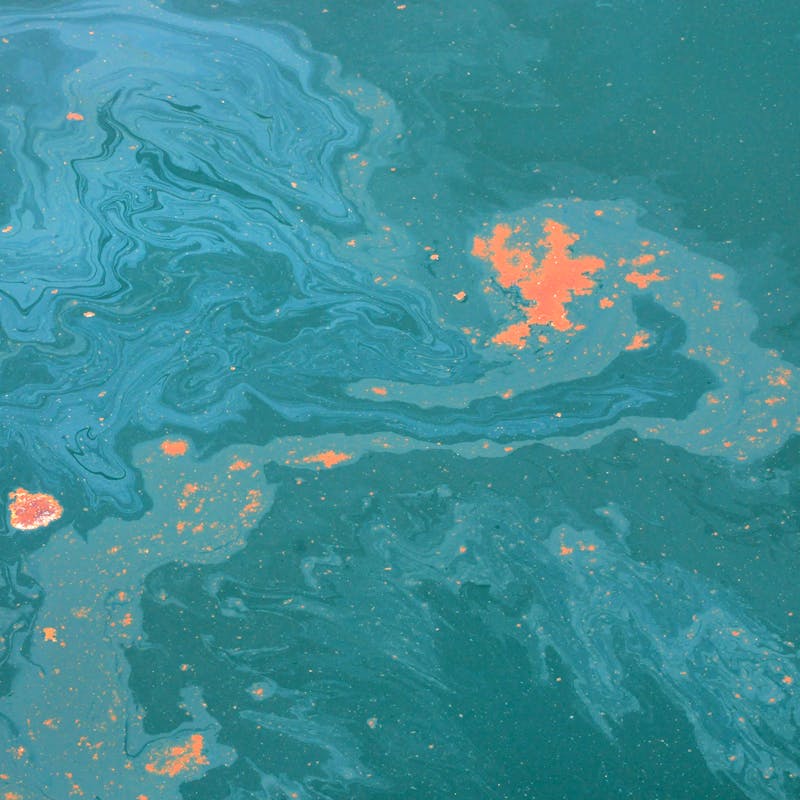Posted by Krista Schlyer, a photographer for Enviro-pic.org and member of the International League of Conservation Photographers.
There are moments in life when you see something so beautiful you actually mourn the passing of time, knowing as the seconds tick by and the sun sinks that the vision will dissolve forever.

Dunes on the Gulf coast (Krista Schlyer)
Upon the brilliant white sands of the Gulf Islands National Seashore last night I had one of those moments. It was day two of my Gulf Coast tour with Defenders of Wildlife’s Executive Vice President Jamie Rappaport Clark and Vice President of Communications Cindy Hoffman. We wanted to visit this national park to understand better what awaits the mess of oil and toxic chemicals now loitering in the Gulf from the April disaster that has to date unleashed millions of gallons of oil into the waters of this region.
On a late afternoon walk we found what we were looking for. Upon the spectacular soft white sands, standing amid the grassy dunes fenced off to protect the fragile eggs of nesting shorebirds, we set eyes upon what was without doubt the most beautiful Great Blue Heron I have ever seen. As a nature photographer, I have seen many individuals of this species in the past decade. But there was something very special about this bird. Maybe it was the spectacular plumage he bore, and the way it swayed gracefully in the Gulf breeze; maybe it was his intrepid stance, or the thoughtful look in his eyes as he considered me and my lens pointed in his direction; maybe it was the series of events that had brought me here to see him, the knowledge that he has a very real chance of becoming one of the nameless thousands of victims of this human disaster.

Great Blue Heron (Krista Schlyer)
It’s hard to look into the eyes of a creature both so proud and so vulnerable to the impact we have on this earth, and not feel a very harsh, heavy responsibility for his fate. I wonder if more of us spent more time contemplating the grace of herons, the soft sway of their feathers whispering in the wind, would we find a way to make different choices for our world?
For herons, osprey, crabs that burrow into the seashore’s sand and the turtles that will soon dig their nests on these beaches, the unraveling fate of Gulf offshore drilling operations has a tragic subtext: none of this should ever have happened. We know from previous oil spills of this magnitude that offshore drilling is an endeavor far too risky to the environment ever to be sanctioned in modern day civilization. We have a historical roadmap leading directly and without question to the current reality. And we went ahead and did it anyway. Now our Gulf Coast’s long term economy will pay the price, the people in these communities will pay the price, the health of Gulf waters will pay the price, sea turtles, dolphins, manatees and tuna will pay the price, and my great blue apparition will pay the price.
We have to start making different choices. Defenders of Wildlife is working to expand clean, environmentally responsible renewable energy programs, and calling for an end to new offshore exploration and drilling.

Oil Rigs and the US Coast Guard (Krista Schlyer)
I agree with Defenders, and I would add, above all, we all need to learn to take the first and most important step in terms of energy: CONSERVE. Drive less, turn lights off, only use what you really need. Every one of us can help avoid the bad choices that we have been making. And it starts with finding every possible way to reduce our own use of energy, and voting for policy makers that understand we cannot put our world at risk of entirely avoidable disasters, just so we can avoid being responsible citizens of the world.




Follow Defenders of Wildlife
facebook bluesky twitter instagram youtube tiktok threads linkedin